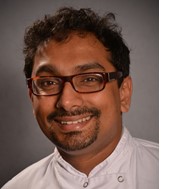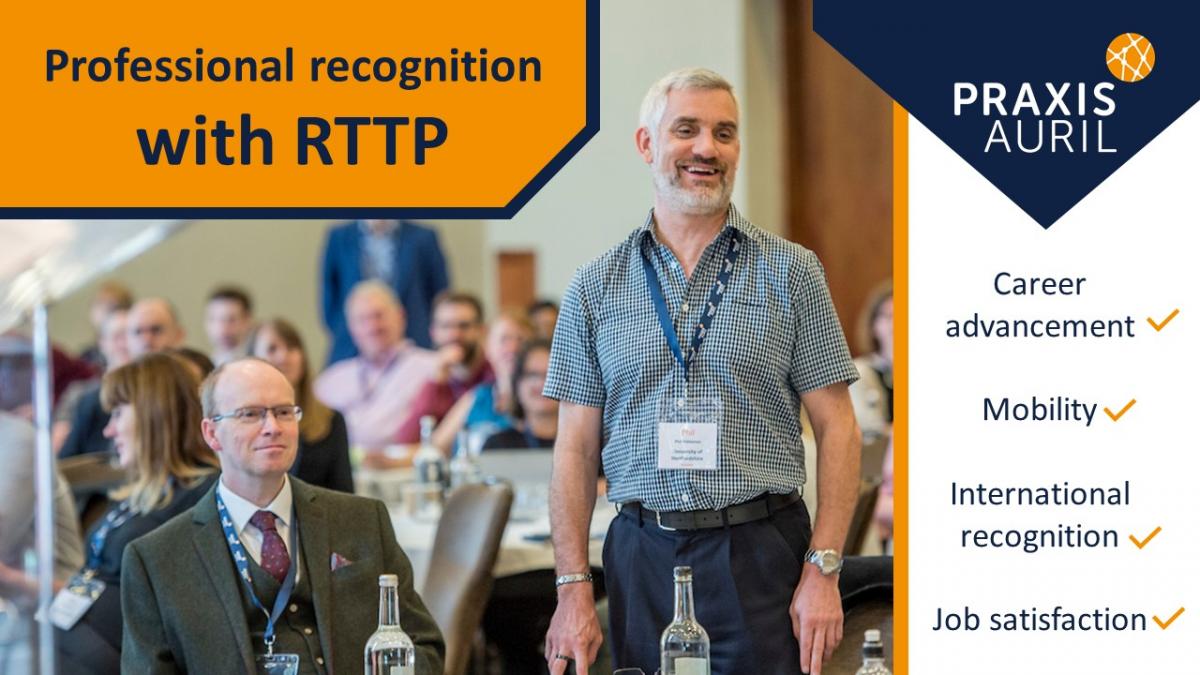PraxisAuril’s MarComms Manager Craig Smith caught up with Professor S.S. Vasan about the drivers and influences to apply for an RTTP accreditation, and the awards and personal achievements that followed.
 Dr Vasan, Public Health England
Dr Vasan, Public Health England
Vasan, who goes by his last name, is Public Health England’s Senior Business Development Manager and Honorary Visiting Professor at the University of York. A former McKinsey consultant and Rhodes Scholar, he previously worked for Oxford University and as Head of Public Health for its spin-out company Oxitec (acquired in 2015 for $160m). Vasan obtained his doctorate from Trinity College, Oxford; he is a Registered Technology Transfer Professional and Fellow of Royal Society of Medicine, Royal Society for Public Health, Chartered Management Institute, etc.
He co-authored the fast track model agreement (www.bit.do/fast-track) and received the Impact Award for Contribution to Society on behalf of his team for knowledge exchange and commercialisation during the Ebola crisis.
Q1: What influenced your decision to seek RTTP accreditation?
A: It’s a desirable criterion for my role, and in my opinion, a better global benchmark compared to the Certified Licensing Professional (CLP).
Q2: Did you plan your path to RTTP accreditation?
- If yes, can you detail the training, courses, mentorship and professional development opportunities you undertook to qualify?
- If no, can you detail your past professional experience which lead to your RTTP accreditation?
A: I bumbled through to be honest. PraxisUnico, as it was called then, was a preferred learning and development provider for Public Health England’s Business Development Department, so I had gradually accumulated 61 credits from training courses before realising that I was halfway through the accreditation process.
Since my time, a number of improvements have been introduced – expected achievements and core competencies are now clearer; we have a new Candidate RTTP designation; and the three routes of application are better streamlined. These welcome developments should make life easier.
Q3: Part of the RTTP application is to detail the skills/knowledge you applied to a KE/TT project and how this project was possible because of your contributions. Can you give details of the project you used in your application? Or details of similar projects conducted before or after your accreditation?
A: Please see this case study
Q4: Since becoming RTTP accredited has anything changed in you personally or professionally?
A: Actually yes! Our Public Health England team won the Impact Award 2015 for contribution to society, the British Expertise International Award 2018 for Ebola and Zika response, and our ‘fast track model agreement’ was showcased as good practice by the Intellectual Property Office, NIH, etc.
Personally, my substantive role will switch from Public Health England to the NHS South, Central and West CSU as I will be joining them in December as Customer Delivery Director.
Q5: How has PraxisAuril helped you in your professional journey after becoming RTTP?
A: This is a great network, so much to share and learn from peers. It was nice to be asked to speak at the PraxisUnico annual conference 2016 and 2017, and to teach in the 2018 Research Contracts course. Some of us also co-authored a paper on the revised Lambert Toolkit.
Q6: What advice would you give a fresh KE professional looking to become RTTP accredited?
A:
- Make use of the Candidate RTTP pathway and reach out to RTTPs as we are always happy to help;
- Select your training courses in conjunction with your professional development plan, setting aside RTTP accreditation (which will naturally follow);
- If you manage to finish the pre-reading materials, you will have time and fun during these courses to make friends and think about reflective practice. This will not only help your career but also to “show and tell” your achievements and competencies.
